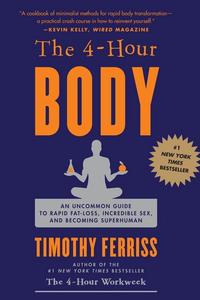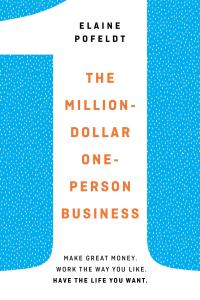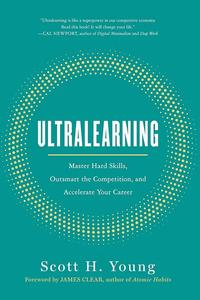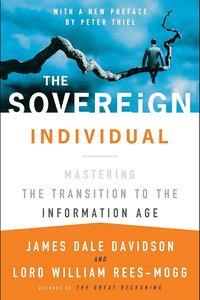
Poor Charlie's Almanack by Charlie Munger: Summary & Notes
by Charlie Munger
In One Sentence
Wisdom comes from building a latticework of mental models across disciplines—and applying them to make better decisions while avoiding stupidity.
Key Takeaways
- Build a latticework of mental models
- Invert: ask how to fail and avoid that
- Study human psychology
- Read widely across fields
- Avoid stupidity rather than seeking brilliance
- The best investment is in yourself
Summary
A book that has had a large impact on how I think and approach problems. Formatted after Ben Franklin’s yearly publication of advice, Munger lays out all sorts of things, from clear investing principles, to an introduction to mental models and how more people should be thinking with interdisciplinary tools. Particularly relevant for those interested in business and finance, but as he makes clear in many of his speeches (transcripts included in the book), it should be relevant for all, from lawyers to economists. Highly recommend.
Who Should Read This Book
- Investors
- Decision-makers
- Business leaders
- Lifelong learners
FAQ
What are Munger's mental models?
Frameworks from various disciplines—compound interest, evolution, incentives, network effects, margin of safety—that help understand the world.
Click to expand comprehensive chapter-by-chapter breakdown (~15-20 min read)



